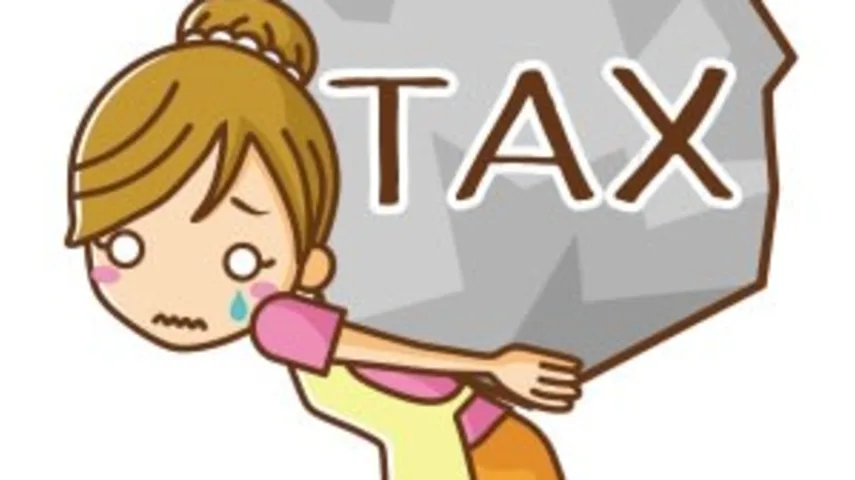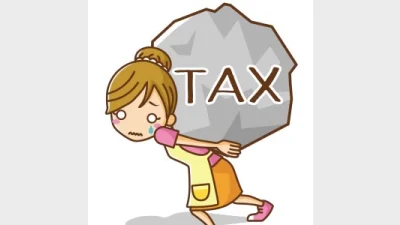Asset-based dividend method would lift retirement income



The former chair of the Commonwealth Superannuation Schemes, Peter Reynolds, has called for the government to adopt an asset-based dividend method to enhance all retirement balances and government revenue.
In a submission to the Retirement Income Review, Reynolds said upfront tax on super was crippling retirement income.
“The upfront tax limits the potential of the super scheme by reducing the superannuation guarantee (SG) to 8% of ordinary time earnings before investment (e.g. a $10,000 SG is reduced to $8,500). This configuration of taxes reduces the return to individuals and government,” he said.
Reynolds said a more effective system would be an annual asset-based fee or dividend of 1.25% on the super pool of funds in accumulation mode.
“This approach redistributes the tax burden from the earlier years of accumulation to the latter years. In so doing, it enables greater wealth to be created for all participants with the greatest benefit flowing to low income earners and those with low balances,” he said.
“The dividend method would increase and stabilise government revenue with a predictable compound growth rate of 7% per annum for the next 15 years.”
Reynolds noted it would also simplify the super scheme with government revenue requiring only one calculation per annum on the mandated 30 June balance of each super account.
Source: Peter Reynolds
The figures are based on an estimated current tax revenue of $30 billion. A dividend of 1.25% from an asset base of $2.4 trillion (accumulation mode) would yield the same amount.
Recommended for you
Australia’s largest super funds have deepened private markets exposure, scaled internal investment capability, and balanced liquidity as competition and consolidation intensify.
The ATO has revealed nearly $19 billion in lost and unclaimed super, urging over 7 million Australians to reclaim their savings.
The industry super fund has launched a new digital experience designed to make retirement preparation simpler and more personalised for its members.
A hold in the cash rate during the upcoming November monetary policy meeting appears to now be a certainty off the back of skyrocketing inflation during the September quarter.










Pardon my ignorance; more information please. Is it a Fee or Dividend …… and, there is still only 100 cents in the dollar. Very confusing.